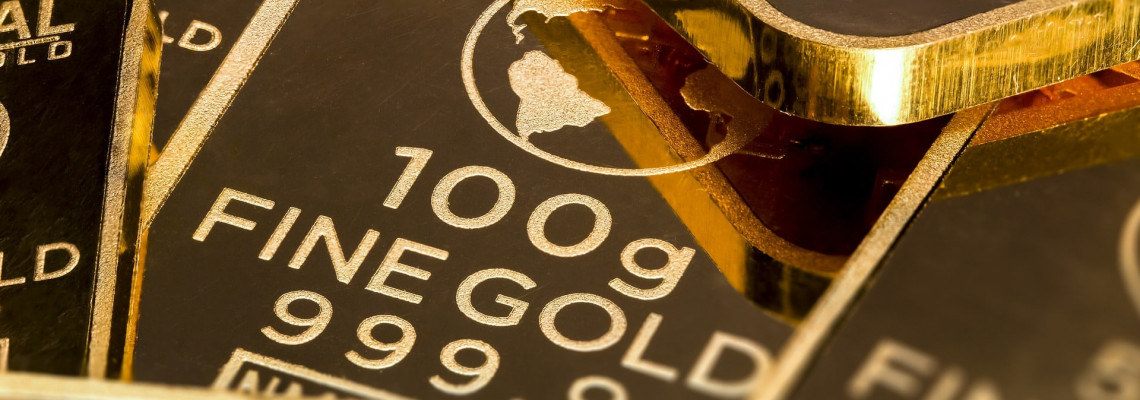
After a record-breaking performance in 2020, the gold price experienced a slightly more lacklustre year in 2021. As the world economy attempted to recover from the effects of the global pandemic, gold appeared to lose some of its appeal. However, there is reason to believe that the recent muted performance of precious metals could be turned on its head.

Inflation
Inflation is proving to be stronger than expected. Last week the Office for National Statistics (ONS) reported that UK inflation rose by 5.4% in November and December, the highest levels seen in almost 30 years, driven by the higher cost of clothes, food, and fuel. The prices of furniture and eating out also saw large increases due to shortages of staff because of employees having to isolate, and supply issues as UK ports hiked the costs of imports.
Our previous article also reported that, in the US, December’s CPI reached 7% year-on-year, a 40-year high.

Last time inflation was at this level, gold was soaring.
The Pound
The UK economy is set for a slow down this year, as the rising costs of essential goods and services continue to heap major pressure on households, leaving consumers less to spend each month. More substantial rises are also expected in March and April for rail fares, tv and broadband, and gas and electricity bills, which will greatly affect the cost of living even further.
The Central Banks are likely to allow this to remain for a while yet, as keeping the economies going is prioritised over the purchasing power of money, which could have a major impact on the value of the Pound. As the Pound or the Dollar loses its value, investors turn to alternative investment sources such as gold, resulting in increasing prices.
Cryptocurrencies
Suffering huge falls in December, Bitcoin and many other leading cryptocurrencies have been on a downward trajectory recently.

Uncertainty around rising interest rates in the UK and USA, China making crypto transactions illegal, as well as suggestions that Russia may soon be banning crypto trading and mining, have caused prices to plummet.
Gold has proven itself to perform when other assets are performing badly. Unlike cryptocurrencies, gold is a physical asset that has historically proven itself as a way to hedge against political chaos, war, and inflation. During unprecedented times such as these, investors concerned by the possibly of their volatility often look to sway from cryptocurrencies, and head back to solid investments such as precious metals.
The Bottom Line
The outlook for gold may be not be clear in the short term, but it looks to be a positive one in the long term. As the price reacts to tightening monetary policies in an attempt to control inflation, these policies will most probably impact negatively on the US Dollar and the Pound, benefitting gold in the process.
As interest rates rise, and elevated consumer goods prices erode the purchasing power of major world currencies, there’s a good chance that the yellow metal will return to its long-term upward trend. And, against this backdrop, doesn’t it make sense for those looking to secure their financial future to add a little of what they are worth, in the form of gold or silver, to their portfolio?





Leave a Comment